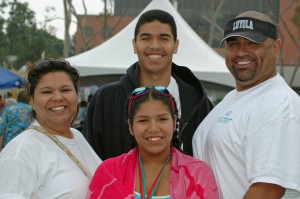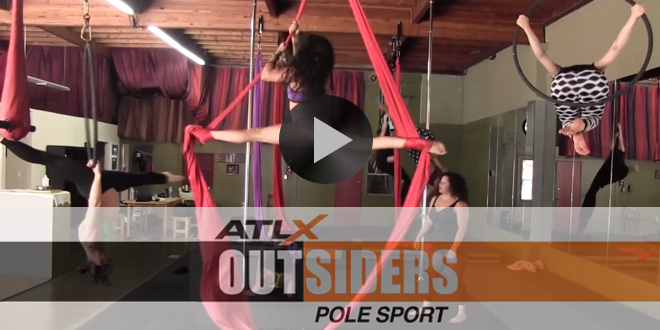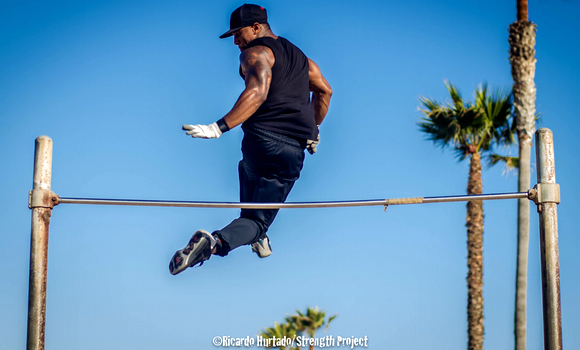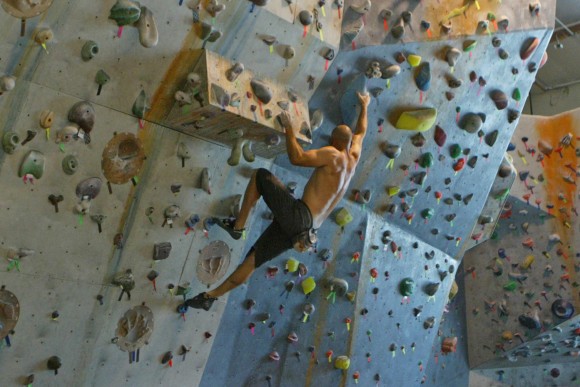By: Sarah McWilliams
 This Saturday and Sunday, June 8-9, the Special Olympics of Southern California (SOSC) will be hosting their annual Summer Games, an event featuring over 1,100 athletes in six sports. Athletes compete against each other all with hopes of bringing home the gold in their respective events.
This Saturday and Sunday, June 8-9, the Special Olympics of Southern California (SOSC) will be hosting their annual Summer Games, an event featuring over 1,100 athletes in six sports. Athletes compete against each other all with hopes of bringing home the gold in their respective events.
The SOSC, a nonprofit organization,“[Provides] year-round sports training and athletic competition in a variety of Olympic-type sports for children and adults with intellectual disabilities, giving them continuing opportunities to develop physical fitness, demonstrate courage, experience joy and participate in a sharing of gifts, skills and friendship with their families, other Special Olympics athletes and the community.”
The SOSC relies heavily on volunteers and donations to run their operation. These volunteers are giving their time and money to help run events, coach as well as provide transportation for the athletes to the practices and events. However, talk to anyone who has ever been associated with the event and you will soon realize that these volunteers are getting back more than they are giving.
 Kelly Kloepping, communications assistant for the SOSC, told ATLX, “Whether you come and be a fan in the stands, volunteer, coach, or donate, you’re going to walk away with more than you give…It’s kind of amazing to watch volunteer’s faces. You have the volunteers who are just bawling because they are just so overwhelmed with the experience.”
Kelly Kloepping, communications assistant for the SOSC, told ATLX, “Whether you come and be a fan in the stands, volunteer, coach, or donate, you’re going to walk away with more than you give…It’s kind of amazing to watch volunteer’s faces. You have the volunteers who are just bawling because they are just so overwhelmed with the experience.”
For the Ramirez’s, volunteering is a family affair. Christian Ramirez is the head coach for both soccer and aquatics, his wife, Tina, is the Pasadena Area Director, and their son, Anthony, is an assistant coach with the SOSC. These responsibilities are in addition to their regular full-time jobs, school and other obligations.
Volunteering, especially as a coach, isn’t without its challenges. One of the most difficult aspects for coaching a Special Olympics sport is getting the athletes to practice. Although the majority of the athletes are over the age of 18, they aren’t able to transport themselves, and caregivers aren’t always available to aid in the transportation. It’s not the kids who do not want to be there. Ramirez said, “If they miss a practice, at the next practice, they apologize forever.”
 The Special Olympics are not just competitions a few times a year. It’s year round training and events all leading up to the SOSC’s biggest annual event the Summer Games.
The Special Olympics are not just competitions a few times a year. It’s year round training and events all leading up to the SOSC’s biggest annual event the Summer Games.
The reason why the SOSC, and sports in general, is so important is that it helps people build confidence. The SOSC also helps to encourage social interaction. That confidence and social interaction crosses over into other areas of the athlete’s life.
Ramirez said,“Confidence and communication: that helps them get jobs. Places like Ralphs and Vons have big programs that help people with intellectual disabilities.”
Without the SOSC, many of the athletes wouldn’t gain the confidence and communication skills to acquire jobs or compete in mainstream sports.
Since participating in the SOSC, Ramirez’s daughter has since been able to mainstream into her high school sports, one of the goals of the Special Olympics Southern California. Ramirez attributes the successful crossover of his daughter onto her high school teams to the Special Olympics. “It’s because [through the Special Olympics] she tasted winning. She liked the gold medals, she liked the ribbons, it kept her coming back.”
 So why would a coach volunteer his or her time? Ramirez said,
So why would a coach volunteer his or her time? Ramirez said,
“You show up to one event to help and you always come back. It’s infectious because it’s pure. They want to win, they all try as hard as they can to win, but it’s just a purer sporting event.”
If you want to participate in some way, the SOSC encourages people to “Volunteer, Cheer, or Donate.” Volunteer for the event or the SOSC throughout the year, come out the games and cheer on the athletes or donate any sum of money to the SOSC and truly make a difference.
For more information on the SOSC and their Summer Games, visit www.sosc.org.
 ATLX The only sports entertainment television and digital media network fully devoted to everyday athletes, athletic lifestyle and athletic culture.
ATLX The only sports entertainment television and digital media network fully devoted to everyday athletes, athletic lifestyle and athletic culture.




